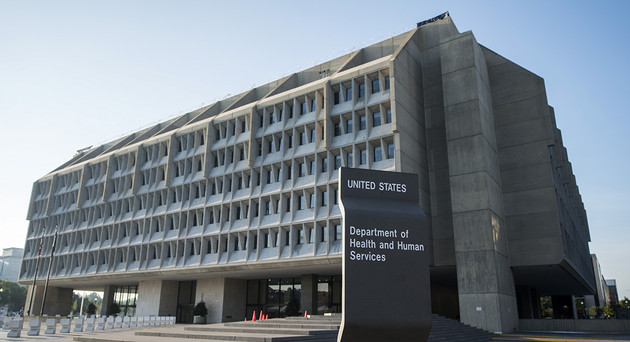ICYMI: Prior authorizations have been a hot topic lately. These headlines caught our eye–here’s the scoop from the past few months.
Thanks to the diligent efforts of large media outlets, like ProPublica and the New York Times, coupled with the persistent support from advocacy groups, like the American Hospital Association (AHA), the painful prior authorization process is finally getting attention from government officials.
The Department of Health and Human Services (HHS) released the final rule for automating the prior authorization process for Medicare Advantage and Medicaid plans.
In January, the Centers for Medicare & Medicaid Services (CMS) finalized new prior authorization regulations that aimed to streamline processes and administrative burdens for healthcare providers and patients.
Tammy Taylor, CEO of Advantum Health, shared her insights on the potential implications of CMS’s new prior authorization rule for third-party billing companies. She expressed optimism and emphasized the rule’s potential to streamline and improve the billing process, promising significant benefits for clients.
After the final rule’s release, other industry leaders applauded the legislation, but noted several prior authorization issues that still required Congress’ attention.
Medicare Advantage Organizations came under scrutiny for delaying and restricting members’ access to care.
Medicare Advantage plans received a lot of attention in May, and it wasn’t pretty.
On May 8th, the American Hospital Association (AHA) delivered a statement to the Senate Budget Committee on Alleviating Administrative Burden in Healthcare that outlined the pervasive problem of Medicare Advantage’s misuse of prior authorizations that are negatively impacting members’ care.
On May 24th, the New York Times published an article shedding light on Medicare Advantage plans and how their unnecessary prior authorizations delay critical healthcare for U.S. seniors.
A few days later, the American Hospital Association (AHA) responded to CMS request for information with a letter that further urged legislators to strengthen their oversight of Medicare Advantage plans and hold Medicare Advantage Organizations (MAOs) more accountable for adhering to the same rules and requirements as Traditional Medicare.
The HHS Office of Inspector General (OIG) launched an investigation of Medicare Advantage plans.
In June, HHS OIG announced its plan to conduct further examination of Medicare Advantage Organizations’ prior authorization process for long-term care placement after acute hospital stays.
The OIG found that some MAOs denied prior authorization requests even though the requests met Medicare coverage rules.
The OIG will investigate how MAOs review prior authorization requests in long-term acute care hospitals, inpatient rehabilitation facilities, and skilled nursing facilities. They will also review the discharge process for when patients’ post-acute level of care placement.
U.S. Congress reintroduces bi-partisan “Improving Seniors’ Timely Access to Care Act.”
On June 12th, the House and Senate reintroduced bipartisan legislation thanks to the efforts of the AHA.
The goal of this legislation is to enhance and standardize the Medicare Advantage prior authorization process, making it more efficient and easier for patients to get the care they need.
The bill is designed to implement timelines and reporting obligations for the review and approval of prior authorization requests. Medicare Advantage plans will additionally submit reports to Congress outlining their progress and capacity to comply with the established program guidelines.
Healthcare Equality Network urges CMS to review commercial insurance prior authorization practices.
Commercial insurers have also drawn scrutiny for excessive claim denials.
The organization sent a letter to Congress calling out Cigna and UnitedHealthcare for denying millions of claims, and many for no cause.
HEN concludes the letter with the following call to action:
“Insurance companies have gotten away with making hundreds of billions of dollars off the backs of patients, providers, and hospitals for too long. It is time that we put patients over profits and hold these goliaths accountable.”
Mississippi raises the bar for payers through prior authorization reform.
On July 1st, Mississippi implemented a new law that imposes more stringent regulations on payers regarding prior authorizations.
Despite vetoing the legislation last year, the governor eventually allowed it to pass without his signature, indicating his concerns about potential premium increases for state members.
What’s Next…
Stay tuned for more healthcare revenue cycle industry updates in our quarterly Revenue Cycle Round Up series where we share the latest trends in revenue cycle payer compliance, IT, and operations.
